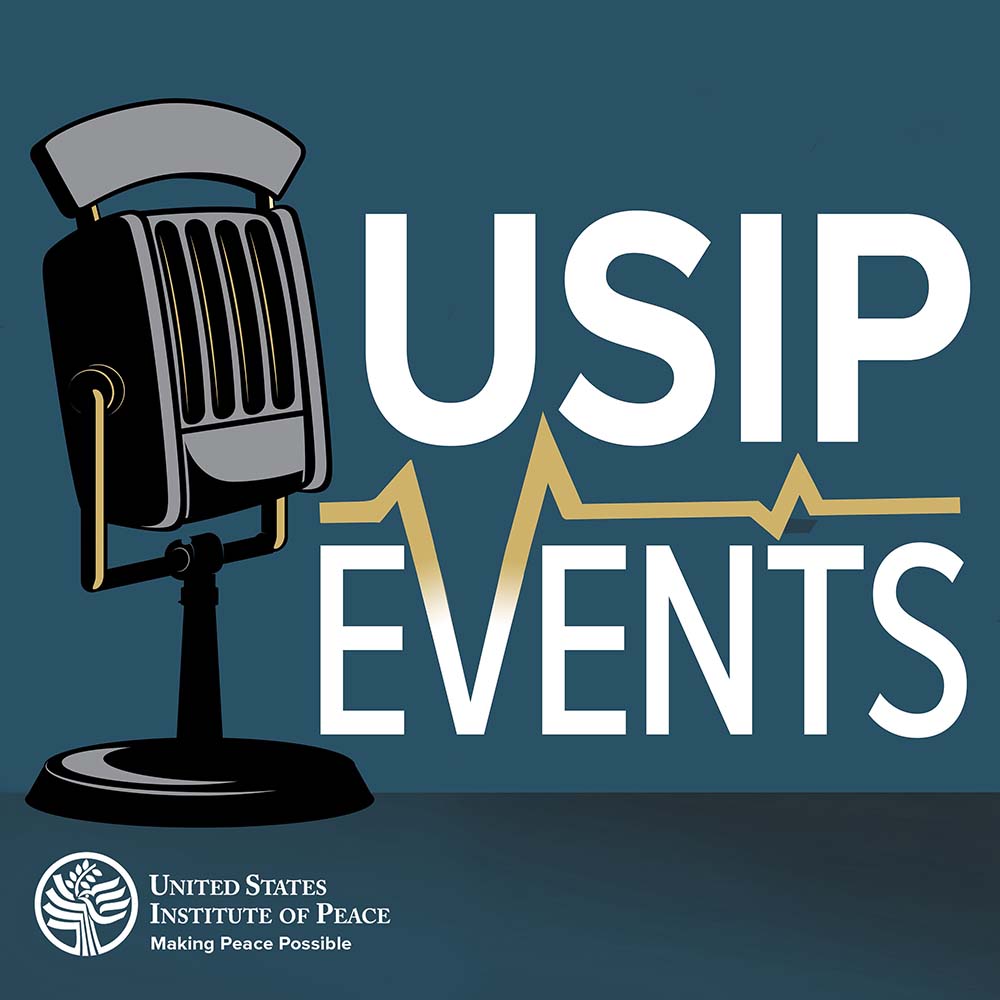

A recent U.S. Institute of Peace report found that Muslim civil society organizations (MSCOs) are highly diverse in terms of activities and structures, often politically moderate and supportive of democracy, and open to working with global development actors. On June 15, USIP, George Washington University's Central Asia Program and the American University of Central Asia's Social Innovations Lab Kyrgyzstan held a discussion with the report's co-authors and leading experts on the unique role of MSCOs in their communities and at the national level during this pivotal and highly fluid period in Central Asia.
Sebastien Peyrouse
Research Professor, Central Asia Program, IERES, George Washington University
Emil Nasritdinov
Associate Professor, Anthropology, Technology and International Development, American University of Central Asia
Palwasha Kakar
Interim Director, Religion and Inclusive Societies, U.S. Institute of Peace
Indira Aslanova
UNESCO Chair of World Culture and Religions, Kyrgyz Russian Slavic University
Gavin Helf, moderator
Senior Expert, Central Asia, U.S. Institute of Peace
For more information about this event, please visit: https://www.usip.org/events/engaging-islamic-civil-society-organizations-central-asia

On June 16, USIP, the Harvard Law School Project on Disability and their fellow co-sponsors hosted a conversation on the gaps and opportunities in...

On July 25, USIP hosted a conversation on Sri Lanka’s trajectory since the Aragalaya protests last year. The discussion examined the island’s economic recovery,...

On May 30, USIP and the Carter Center hosted a conversation focused on strengthening democracy across the hemisphere. The discussion brought together the Friends...